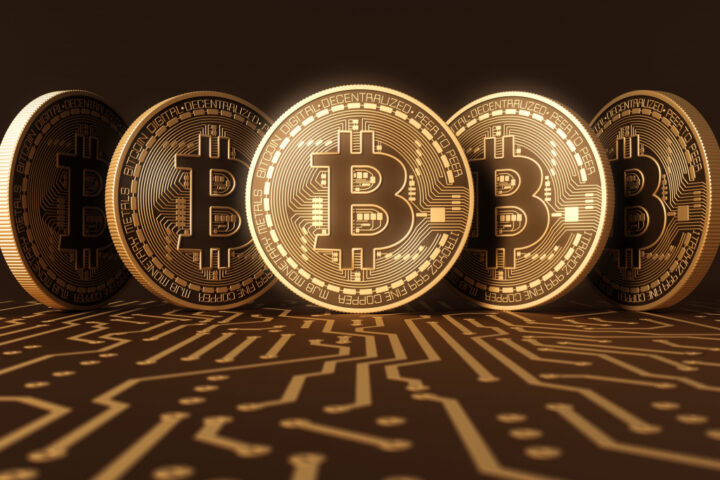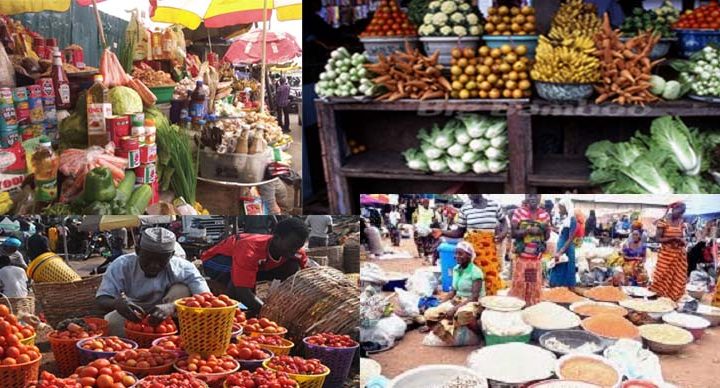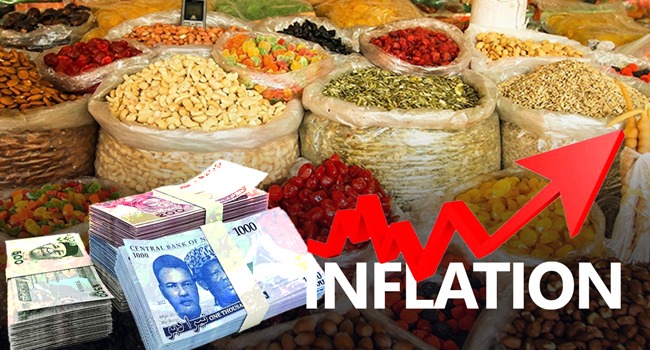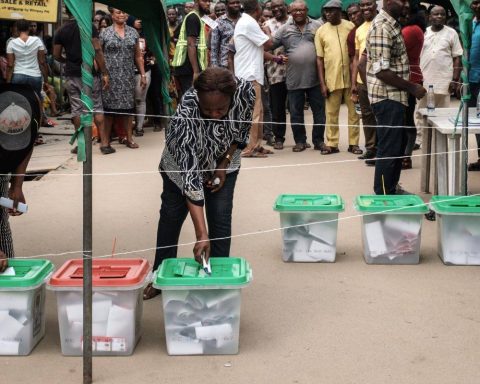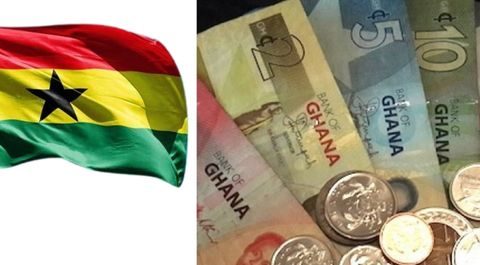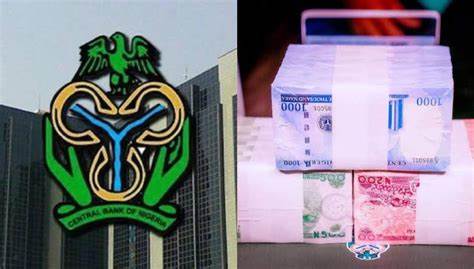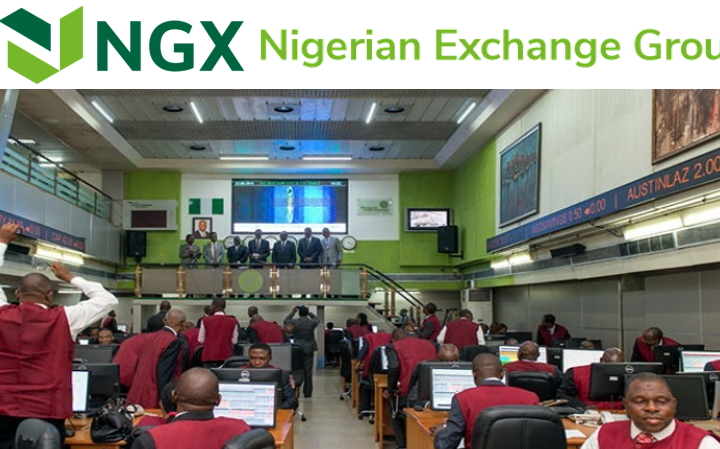The Federal Government has once again intervened to curb the rising prices of Liquefied Petroleum Gas (LPG), commonly known as cooking gas. This time, the government is taking a bold step by halting LPG exports produced in the country.
The drastic rise in prices, reaching N1,500 per kilogram, has placed tremendous pressure on Nigerian households. The Minister of State for Petroleum Resources (Gas), Ekperikpe Ekpo, has outlined both short-term and long-term solutions to tackle this issue. However, the question remains: will these measures provide the much-needed relief to Nigerians, or will they create new challenges?
Join our WhatsApp ChannelGovernment Moves to Ban LPG Export
Minister Ekpo’s recent announcement of an LPG export ban came as no surprise to many Nigerians who have been bearing the brunt of ever-increasing gas prices. “The government can no longer sit back while the prices of such a critical commodity continue to soar,” said Ekpo during a stakeholder meeting held in Abuja.
The situation has become increasingly dire, as the price of cooking gas in Nigeria jumped from N1,100 to as high as N1,500 per kilogram in just a few months. The decision to halt exports is part of a broader effort to stabilise the domestic market. “With effect from November 1, 2024, the Nigerian National Petroleum Company Limited (NNPC) and other LPG producers are to stop exporting LPG produced in-country,” Ekpo declared.
By ending exports, the government aims to increase the availability of cooking gas within Nigeria and lower domestic prices. This, they hope, will ease the financial burden on families who rely on gas for daily cooking needs.
New Pricing Framework for LPG
Aside from the export ban, Ekpo directed that the Nigerian Midstream Downstream Petroleum Regulatory Authority (NMDPRA) develop a new domestic LPG pricing framework. This framework will index LPG prices to the cost of in-country production rather than external markets such as the Americas and Far East Asia. The minister stressed that it was unfair for Nigerian citizens to pay higher prices for a resource that is abundantly produced in the country.
“The current system of linking gas prices to foreign markets is deeply flawed,” Ekpo stated. “We have the resource right here at home, yet the people are forced to pay international prices. This must change.” The creation of a new pricing system that reflects local production costs could indeed lead to more stable and affordable LPG prices.
READ ALSO: Nigeria Bans Cooking Gas Exports Amid Rising Prices
However, this new framework is still in its early stages, and the government has given the NMDPRA 90 days to engage with stakeholders and finalise the details. Until then, Nigerians may continue to face fluctuating prices.
Impact of Rising Energy Costs on Nigerians
The rising cost of energy is a significant issue for Nigerians, with cooking gas being one of the most affected commodities. According to recent data from the National Bureau of Statistics (NBS), the average price for refilling a 5kg cylinder of LPG increased by 4.19% between August and September 2024, reaching N6,699.63. This marks a 59.90% rise from the previous year, where the price was N4,189.96 in September 2023.
In some states, the price hike has been even more severe. For instance, Rivers State recorded the highest average price for a 5kg cylinder at N7,285.71, followed closely by Gombe and Borno. On the other hand, states like Kebbi, Kano, and Benue saw relatively lower prices, although still elevated from previous years.
The 12.5kg cylinder, a common size for family use, has also seen a significant price jump. In September 2024, it rose to N16,313.43, a 76.41% increase from N9,247.40 in the same month the previous year. With these numbers, it is clear that the rising cost of LPG is having a profound effect on the daily lives of Nigerians, many of whom struggle to keep up with these price hikes.
Will the Ban on LPG Export Help?
While the ban on LPG exports is intended to bring relief, some stakeholders are skeptical about its long-term effectiveness. A representative from the Nigerian Association of LPG Marketers, who wished to remain anonymous, expressed concerns: “The export ban might increase availability, but it will not automatically lead to lower prices. We need infrastructure improvements, storage facilities, and consistent supply chains to stabilise prices.”
Minister Ekpo acknowledged these concerns in his statement, noting that the government has plans for a long-term solution to the crisis. “Within the next 12 months, facilities will be developed to blend, store, and deliver LPG efficiently across the country,” he explained. The goal is to reach a point where the market achieves self-sufficiency and price stability.
Ekpo’s optimism is shared by some experts, who believe that if properly implemented, these measures could help create a more sustainable LPG market. “The government’s decision to stop exporting LPG is a step in the right direction,” said Dr. Chioma Osei, an energy analyst. “But it’s only part of the solution. We need investments in infrastructure, as well as policies that encourage local production and distribution.”
What Happens Next?
As Nigerians wait for the government’s plans to take full effect, there is cautious hope that the measures introduced will eventually lead to relief from the skyrocketing prices of cooking gas. The government’s decision to engage stakeholders and revise the pricing framework is a positive move, but it remains to be seen how quickly these changes will impact the average Nigerian.
For now, many households continue to face tough choices. “I’ve had to cut down on how often we use gas at home,” says Mrs. Amina Yusuf, a mother of three in Lagos. “The prices are just too high. We’ve even gone back to using kerosene on some days.”
The government has made its position clear: domestic gas production should benefit Nigerians first. As Ekpo stated, “We are committed to making sure that Nigerians no longer have to suffer from paying excessive prices for a resource that we are blessed with.”
In the coming months, it will become clear whether the ban on LPG exports and the new pricing framework will succeed in bringing cooking gas prices down. For now, Nigerians can only hope that this time, the government’s efforts will bear fruit.
Emmanuel Ochayi is a journalist. He is a graduate of the University of Lagos, School of first choice and the nations pride. Emmanuel is keen on exploring writing angles in different areas, including Business, climate change, politics, Education, and others.





